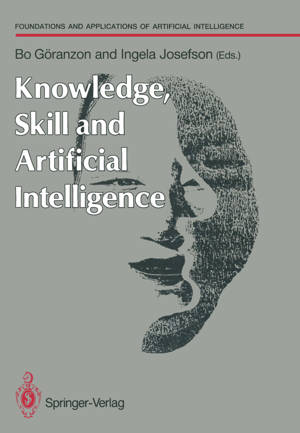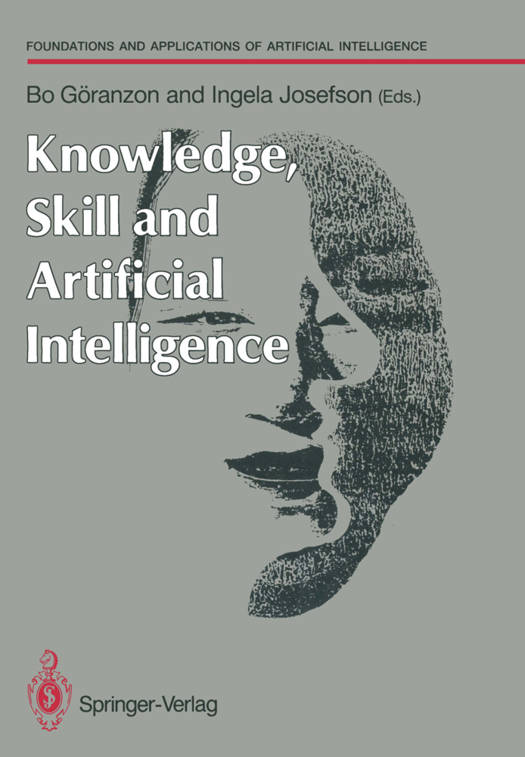
- Afhalen na 1 uur in een winkel met voorraad
- Gratis thuislevering in België vanaf € 30
- Ruim aanbod met 7 miljoen producten
- Afhalen na 1 uur in een winkel met voorraad
- Gratis thuislevering in België vanaf € 30
- Ruim aanbod met 7 miljoen producten
Zoeken
Knowledge, Skill and Artificial Intelligence
€ 52,95
+ 105 punten
Omschrijving
Issues raised by the Theory of Knowledge, a central theme in the development of Artificial Intelligence, are the main topic of this book. The major questions are: How is the expert's knowledge to be elicited, what are the limits and possibilities? How can skill be developed and maintained in a more and more computerized and abstract working life? This last question is also closely related to the discussion on programs for education and training in society and working life. Long term effects on skill formation in working life in relation to new technology are a very important area of research. Case studies form the basis for philosophical reflections with the main concept of tacit knowledge as the central issue of skill and new technology. To a great extent the discussion is based on current case studies of professional groups with experience in advanced computer technology. The contributions of this book demonstrate the complicated nature of human knowledge. They introduce different theoretical perspectives on the issue of knowledge acquisition and elicitation.
Specificaties
Betrokkenen
- Uitgeverij:
Inhoud
- Aantal bladzijden:
- 193
- Taal:
- Engels
- Reeks:
Eigenschappen
- Productcode (EAN):
- 9783540195191
- Verschijningsdatum:
- 30/05/1988
- Uitvoering:
- Paperback
- Formaat:
- Trade paperback (VS)
- Afmetingen:
- 170 mm x 244 mm
- Gewicht:
- 349 g

Alleen bij Standaard Boekhandel
+ 105 punten op je klantenkaart van Standaard Boekhandel
Beoordelingen
We publiceren alleen reviews die voldoen aan de voorwaarden voor reviews. Bekijk onze voorwaarden voor reviews.










